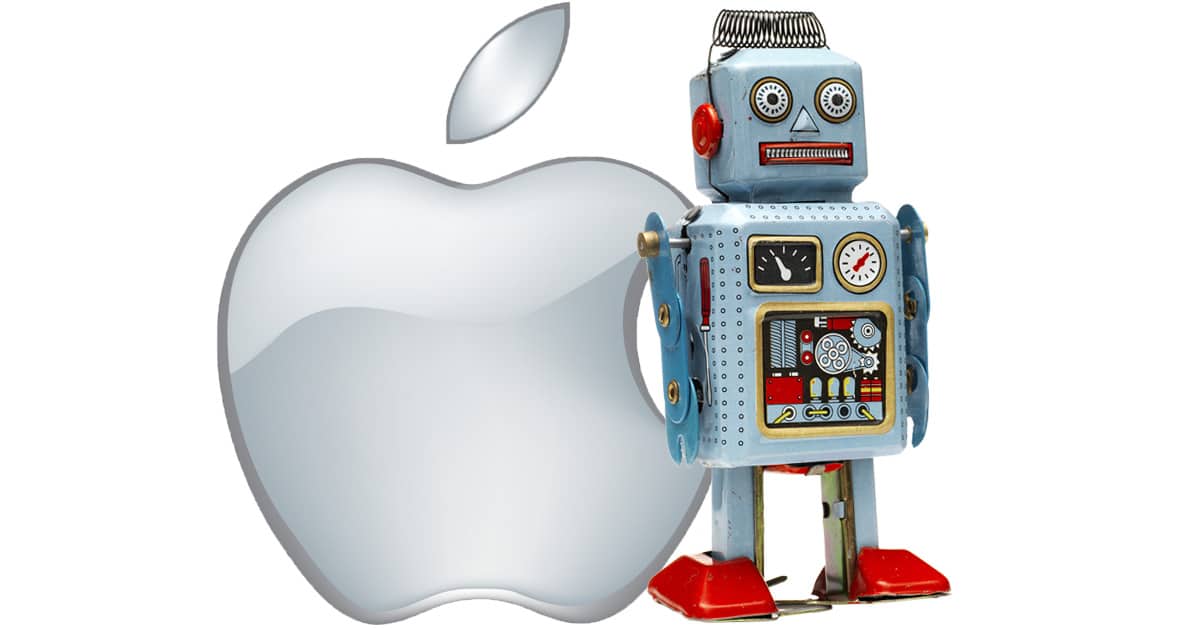Apple CEO Tim Cook wants to weave artificial intelligence deeply into our lives, and he’s ready for a cashless society. The iPhone and Mac maker’s planned research center in Japan will play a role in those plans, and the country could be at the forefront of plans to push Apple Pay as the standard for a no-cash world.

Mr. Cook is currently touring Japan ahead of the December opening of Apple’s Yokohama advanced research and development center. He told the Nikkei Asian Review the facility will focus on “deep engineering.” He add that artificial intelligence, or AI, crosses all products and is used “in ways that most people don’t even think about.”
Instead of making users more aware of what AI is doing for them, he sees a future where it handles tasks transparently, like remembering where your car is parked, or suggesting songs you’ll likely enjoy.
The AI concept Mr. Cook described is less C-3PO or Tony Stark’s J.A.R.V.I.S. and is more behind the scenes intelligent task manager. In essence, an AI we don’t have to think about interacting with, and that is far more proactive than reactive.
That doesn’t mean Apple is off the hook for improving Siri. The company’s spoken interface platform is currently seen as lagging behind Amazon’s Alexa and Microsoft’s Cortana, and no matter how good Apple’s AI is at anticipating our needs we’ll still need an effective way to interact with it.
Hopefully Apple is working on an AI system that excels at anticipating our needs and interacts with us in a natural and human way.
Don’t show me the money
Mr. Cook also sees Apple Pay as the future of a cashless society, and Asian markets as the catalyst. The iPhone 7 is gaining support for Japan’s FeliCa contactless payment standard this month, which just the next step in moving away from cash.
Mr. Cook added,
We would like to be a catalyst for taking cash out of the system. We don’t think the consumer particularly likes cash.
Moving away from cash does offer both convenience and security. You don’t need to remember to get cash from an ATM, and you don’t have any money to get stolen or lost.
Still, moving to a truly cashless society isn’t as easy as adopting a standard. There are still a significant number of people who don’t want or can’t get a bank account, and that’s currently a necessary part of the cashless and mobile payment system.
Abandoning cash will also disenfranchise homeless populations as well as the under employed and unemployed who may not have bank accounts. Without any way to pay rent or buy food, those groups will get pushed even farther into the fringes of society.
Unless technology companies, banks, and governments can find a way to address the bank account issue, we’ll end up with a new caste system: those who can pay cashless, and those who can’t. That’s an interesting problem for Mr. Cook and Apple to overcome.
@geoduck is right. Although I use a card reader for my collectibles business, when I go to shows over 90-percent of my customers pay cash. I can make $500-600 a day and carry home almost all of it in cash.
Studies have shown that 33-38 percent (depending on the study) of all transactions in the United States are made using credit or debit cards. I have never seen a study that claims over 40-percent were non-cash transactions including the studies made by the Payment Card Industry.
In the view of the people with first-world problems, I see their point. For those of us who deal with the masses, cash is king!
A cashless society? Well that would be gold mine for data miners. Not mention what would happen should the system go down.
Many of our local farmers’ markets here in Maine even accept the EBT cards that are used for food stamps / other assistance (welfare) these days. I’m guessing many of those people do not have bank accounts. So I think this indicates that we’re not that far off.
Geoduck, my wife and I vacationed in Nova Scotia this summer and rarely had to dig for cash, even at the farmers’ markets and small vendors. So even Canada isn’t that far off. (Admittedly, they’ve been way ahead of the game with the chip cards anyway.)
A cashless society won’t happen until I can pay at the farmers market, buy something from a small artist, pay a busker, buy a box of Girl Guides cookies, or have somebody mow my lawn without cash.
Good points. I don’t know that a cashless society is really something that would benefit everyone, either. Additionally, I really don’t care to live a curated life, they can keep their recommendations, thanks! I think it’s time we stop turning to Silicone Valley for solutions, technology is not a panacea, and none of these proposals actually address root causes, just symptoms, and as you have pointed out yourself, even on that level, issues are only being addressed for a smaller percentage of people. It’s nonsense bordering on madness.
Even Apple is beginning to fail to understand the human experience at this point, something they used to do very uniquely and effectively. It’s sad to me, vision for technology is really in the toilet these days.